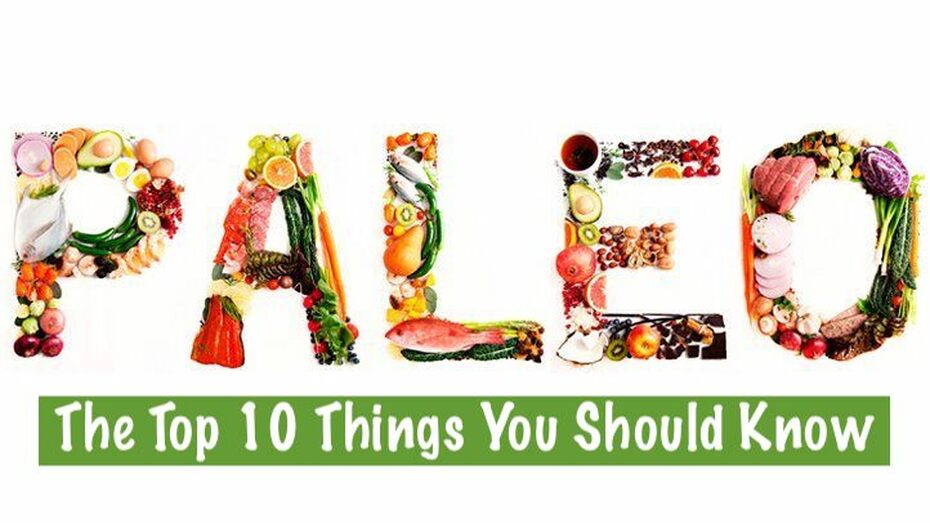It has been around long enough to have THOUSANDS of people develop opinions that either vilify or canonize the approach.
Google gives 120,000,000 results to the search term “The Paleo Diet”, making it seem that everyone has something to say about it.
I first heard of it in 2012 via a friend who was involved with Crossfit, where the trainers encouraged the members to do a 30 Day Paleo Plunge.
All of a sudden, my own personal training clients had a million questions for me regarding this new way of eating that was all the rage.
I studied up a lot on it and even immersed myself in it for 40 days.
(it just so happened to be Lent, that’s why I chose the 40 day time frame)
In short, I ended up continuing this way of eating, even after Lent was over.
Since those first 40 days, I have done countless hours of reading, listening, and educating myself on the pros and cons of the Paleo Diet.
Here’s what I believe are the Top 10 Things You Need to Know About The Paleo Diet:
- This approach is centered on eating lots of fresh fruits & vegetables (organic when possible), pasture-raised and organic animal proteins such as beef, pork, fowl, fish, eggs (organic and pasture-raised), seeds & nuts, oils [avocado, olive, coconut].
- Quality of food matters… a lot. The health benefits associated with Paleo are largely connected to the enhanced health benefits of food that is local, organic, pasture-raised, grass-fed/finished, and wild caught. Eat these sources as often as possible.
- Make vegetables the star of every meal. Eating large amounts of fatty meats & little to no fresh vegetables is NOT the correct approach.
- Stress less about calorie counting. Following Paleo guidelines results in eating less food that is highly nutrient dense & satiating.
- Weight loss will typically occur, especially when starting Paleo. This is likely reduction in retained water, body fat, and overall inflammation due to processed foods.
- Don’t get caught up in the minutiae. There’s no singular Paleo Bible you MUST follow; just adhere to the basic framework and adjust to meet your own needs.
- Increase in energy is typically one of the first changes. Omitting refined sugars, processed foods, grains, and other high-calorie, low-energy foods results in a natural uptick of sustained energy.
- Keep caffeine & alcohol to a minimum (or omit altogether). Having a cup in the morning is just fine, but more than that is not advised. A 4oz serving of red wine is also acceptable.
- Don’t think of it as a “diet.” Rather, think of this approach as a shift in lifestyle and nutritional approach. This approach can be sustained for an entire lifetime, if you stick to the framework and allow for some wiggle room.
- After following a more strict approach for ~ 30 days, each person can test adding certain foods back into their diet. For example, I now eat goat cheese with no issue… it’s technically not Paleo, but it works for me. Cow dairy, on the other hand, is something I’ve 100% omitted from my diet, and feel better without it.
There you have it - the most important things I believe you should know about the Paleo Diet!
If you have any questions, or would like to chat about incorporating this approach into your own life, just email me: michelle@lucky13fitness with “PALEO” in the subject line.


 RSS Feed
RSS Feed
